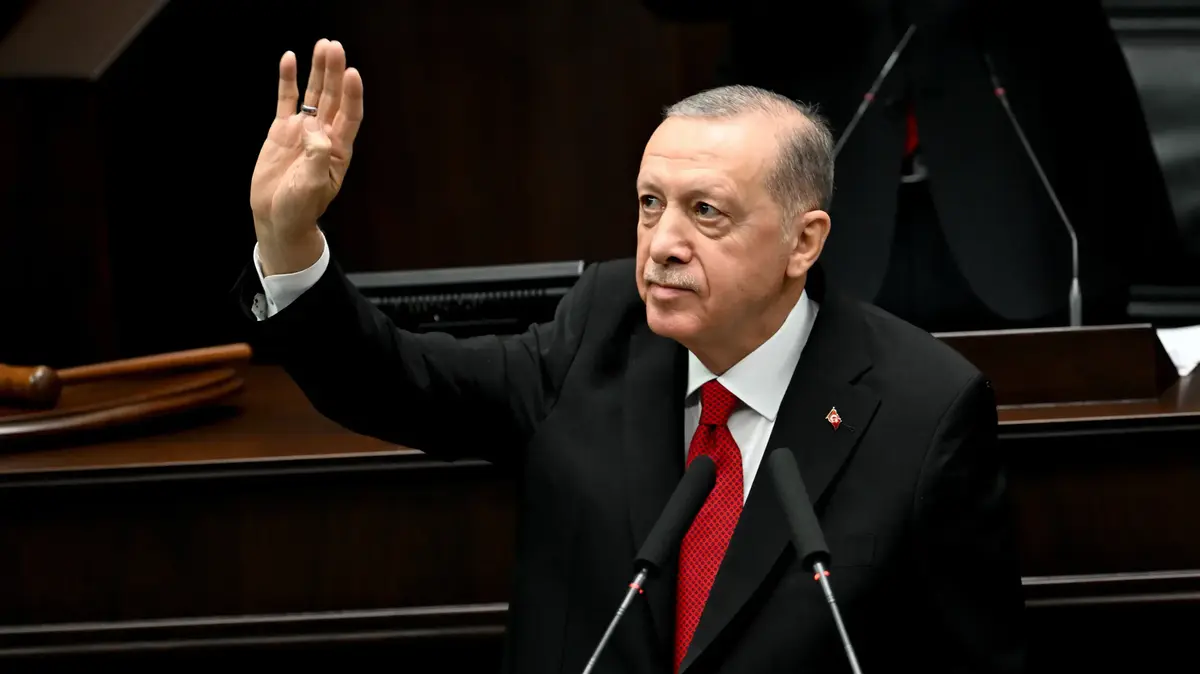Governor of the Bank of Israel, Prof. Amir Yaron.
Continues to raise interest rates to curb inflation.
So far without success (photo: Yehats)
The Bank of Israel's monetary committee decided to raise the interest rate by 0.5 percentage points to 3.75%.
From the reasons of the committee:
Inflation in Israel covers a wide range of index items and stands at 5.3% in the last twelve months.
However, there was a certain moderation in some of the index's sections.
Inflation expectations for all ranges are within the target range.
Economic activity in the economy is robust, but the rate of growth seems to have slowed compared to the first half of 2022. The labor market continues to be tight, although in recent months there has been some moderation in employment data.
The research division has updated its macroeconomic forecast and estimates that GDP is expected to grow in 2023 at a rate of 2.8% and in 2024 at a rate of 3.5%.
The level of activity derived from the forecast is still strong, especially in an international comparison.
Apartment prices have increased in the last twelve months at a significantly high rate.
However, the number of construction starts and permits continue to be high compared to the past, the number of transactions for the purchase of an apartment and the amount of mortgages taken out continue to decrease.
Since the last policy decision, the shekel has weakened against the dollar by 1.6%, against the euro by 5.8% and in terms of the effective exchange rate by 3.4%.
Globally, the slowdown in the rate of activity continues and the risk of a recession increases.
The inflation environment continues to be high, but in the US the trend of moderating inflation continues, and the first signs of moderating inflation were also seen in the Eurozone and the United Kingdom.
The Israeli economy is experiencing robust economic activity, accompanied by a tight labor market while the inflation environment is increasing.
Therefore, the committee decided to continue the process of raising interest rates. The rate of the interest rate increase will be determined according to the activity data and the development of inflation, in order to continue and support the achievement of the policy goals.
The wave of price increases continues, and annual inflation stands at 5.3%.
Governor Yaron continues to implement the policy of most of the world's central banks that fight inflation by making money more expensive (raising interest rates) (Photo: ShutterStock)
In the Israeli economy, robust economic activity continues and the labor market continues to be tight and in a full employment environment, although the latest data shows a certain moderation.
Inflation is above the target and covers a wide range of index items.
However, there was a certain moderation in some of the sections, especially the negotiable ones.
The restrictive monetary policy and the moderation in activity in the world are expected to lead to a certain slowdown in economic activity in Israel as well.
Since the previous policy decision, the consumer price index for the month of November 2022 has increased by 0.1%, and inflation in the last twelve months is above the upper limit of the target - 5.3%.
However, inflation in Israel is lower than inflation in most developed countries.
According to the announcement of the Bank of Israel, looking at the last few months there are some signs of a slowdown in the dynamics of the acceleration of inflation;
For example, the ongoing downward trend in oil prices against the backdrop of a drop in global demand and the easing of supply chains are expected to continue to act to lower marketable prices, but with a certain lag and depending on the development of the exchange rate.
Expectations and forecasts for inflation for the first year from all sources are within the target range.
Expectations from the capital market for the second year and beyond are also within the target range.
The committee estimates that these trends, the processes of monetary tightening in Israel and around the world, and the moderation of demand are working to moderate inflation.
At the same time, the degree of fiscal expansion and the development of wages will have an impact on the rate of convergence of inflation to the target.
Economic activity in the economy is robust, although it appears that the rate of growth has slowed compared to the first half of the year.
The aggregate balance of the CBS business trends survey for the month of November decreased, but continues to indicate positive assessments of the businesses in relation to their situation.
Credit card spending figures are in line with the long-term trends (Figure 20). The easing of the equipment and raw materials limit reported by the companies in the industrial sectors continues and the construction, thanks to the easing of the pressures in the supply chains, which results, in part, from a decrease in the total demand in the world.
The labor market continues to be tight, but in recent months there has been a certain moderation in the various employment figures.
The employment rate of those aged 15+ (60.6%) decreased slightly, so it is somewhat lower than before the crisis.
The employment rate of the main working ages (25-64, 78.2%), is high compared to the pre-crisis, but in the final data a certain decrease continues (Figure 25).
Unemployment rates among those aged 15+ (3.9%), and among the prime working age (3.5%), have been on the rise since June 2022 (Figure 25).
At the same time, the level of demand for workers continues to be high;
The number of job vacancies and their rate fell in November but are still at historically high levels.
Apartment prices increased in the last twelve months by 20.3%, a significantly higher rate compared to the rate of recent years.
Construction starts and permits continue to maintain a high level compared to the past, the number of transactions for the purchase of an apartment is decreasing and the volume of mortgages taken out in November is approaching the average level before the Corona crisis.
Rental prices increased by 0.5% in November.
The acceleration of the annual rate of increase in the housing section of the consumer price index continued and it stood at 6.4% in November.
In the local capital market, there were price decreases in the stock indices and the long-term government bond yields increased significantly.
Since the beginning of the monetary tightening, there has been a certain slowdown in credit mainly to small and medium businesses, along with an increase in interest rates on credit.
According to the CBS's trend survey, in recent months there has been an increase in financing difficulties reported by small and medium-sized businesses, but the difficulty in obtaining credit is still at a low level. At this stage, there are no indications of a significant increase in credit risk and the difficulties for businesses to service their debt. Since the last policy decision, the shekel has weakened Against the dollar by 1.6%, against the euro by 5.8% and in terms of the effective rate by 3.4%.
Globally, the slowdown in the rate of activity continues and the risk of a recession increases.
This is in view of: the ongoing war in Ukraine and the energy crisis in Europe, the high inflation and monetary tightening, and the slowdown in China as a result of the increase in the Corona epidemic.
On the other hand, the growth figures recorded so far for 2022 were higher than expected and the easing of supply chains continues, while transportation prices drop.
In light of these, the investment houses have revised down the growth forecast for the various blocks for 2023 and 2024.
The inflation environment in the world continues to be high.
However, in some countries, and in particular in the United States, a moderating trend is evident. The first signs of inflation moderation were also recorded in the Eurozone and the United Kingdom. On the other hand, core inflation remained stable. In most countries, the inflation indices stay at a level significantly higher than the central banks' targets.
Therefore, the monetary tightening in the world continues, but the leading central banks are slowing down the rate of interest rate increases.
In the US, the rate of increase in the consumer price index (CPI) fell to 7.1% in November, below early forecasts. The Fed slowed the rate of interest rate increases and raised the interest rate at its last meeting by 50 basis points, while noting that it is more appropriate to move to More moderate hikes, to bring a better balance of risks.
However, the Fed raised its estimate of the interest rate that will prevail at the end of 2023, and the median estimate is 5.1%. In the Eurozone, inflation stood at 10.1% in November, below early forecasts. The ECB also slowed down the rate of interest rate increases, raising it by 50 basis points. In addition, the ECB announced the reduction of its balance sheet and an expected continuation of the monetary tightening policy. In response to this, an increase in the expected interest rate was recorded
Of money
news
Tags
The interest rate in the economy
interest
Bank of Israel interest rate
Amir Yaron
inflation









